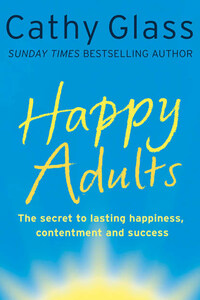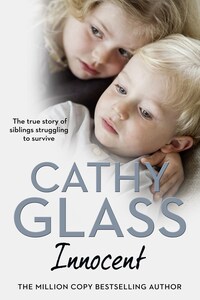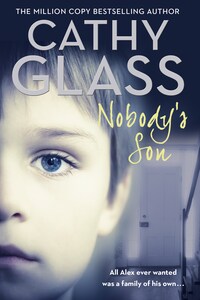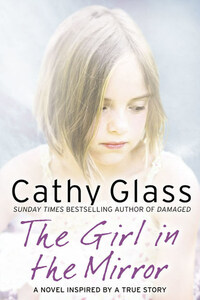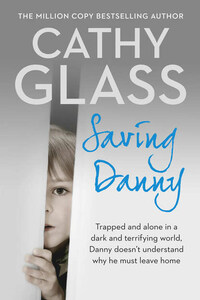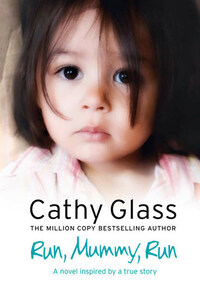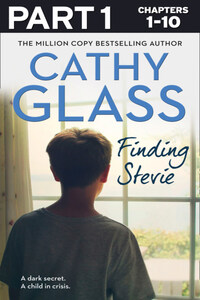We are only limited by the extent of our imagination and no act of kindness, however small, is ever wasted.
Why do I think I have found the secret to achieving lasting happiness and contentment? Simply because I know my formula works. I have the proof.
Let me explain.
After the publication of my fostering memoirs, in which I tell the often harrowing stories of the children I’ve looked after, I received thousands of emails and letters from around the world. Some were from readers who had been abused as children and, having found comfort in my books, wanted to share their own stories with me. I often felt truly humbled by their courage – the strength that had allowed them to put their suffering behind them and make a success of their lives. However, although many of these adults had managed to move on from the cruelty of the past – having successful careers, enjoying loving long-term relationships and raising children – others had not.
While I truly sympathized with their ongoing pain, I began to wonder why some survivors of abuse had managed to move on with their lives and others, years later, were still suffering, stuck in a really cruel and frightening place of depression, flashbacks, mental illness, suicide attempts, personality disorders, nightmares and self-harm. Was it just luck, I wondered, that had allowed some people to overcome their suffering and achieve happiness and contentment? Or were there other factors – for example, the extent of the abuse or the amount of time that had elapsed since? I discovered it was nothing like this.
As the emails continued to pour in I also heard from readers who confided that they were unhappy with their lives for no good reason. Having read your books I know I should be grateful for my life but I seem to be fed up, bad tempered and down most of the time was typical of many of these emails.
So what was it? I wondered. What magic wand had been waved over some people’s lives to grant them happiness and contentment, and was this magic available to everyone? Could we all benefit? For even if we haven’t suffered, life can sometimes seem an uphill struggle.
The answer I discovered was yes: there was a magic being worked and it could be available to all. So I began to look more closely to find a way to harness it.
I was soon able to tell from the opening lines of a letter or email into which category a person fell. Something in their language, their positivity or lack of it, said they were happy and contented with life, or the opposite. As the correspondence grew I began to see common threads appearing – in attitude and way of life. The magic was something that often the person was not even consciously aware of but had intuitively stumbled on and followed. So I extracted all the bits that had been proved to work and came up with Happy Adults: a formula for guaranteeing happiness and contentment.
CHAPTER ONE
Let Go of Anger
Being angry – at ourselves or others – is responsible for the vast majority of our negative behaviour and feelings. While feeling anger and then letting it go is good for our mental health, hanging on to anger past its ‘use by’ date, or internalizing anger, can produce or aggravate all manner of physical and psychological illnesses – from stomach ulcers and migraines to severe psychosis. There is even evidence to suggest that cancer is more prevalent in people with angry negative dispositions than calmer more positive people, such is the interaction between mind and body.
Having said that, you do have the right to feel angry sometimes, and in some situations it is appropriate and healthy to do so.
It is right to feel angry if you accidentally hurt yourself – for example, cutting your finger while opening a can of beans. Ouch! That hurt! How stupid of me! Then the pain subsides and you let go of the anger and continue with what you were doing.
